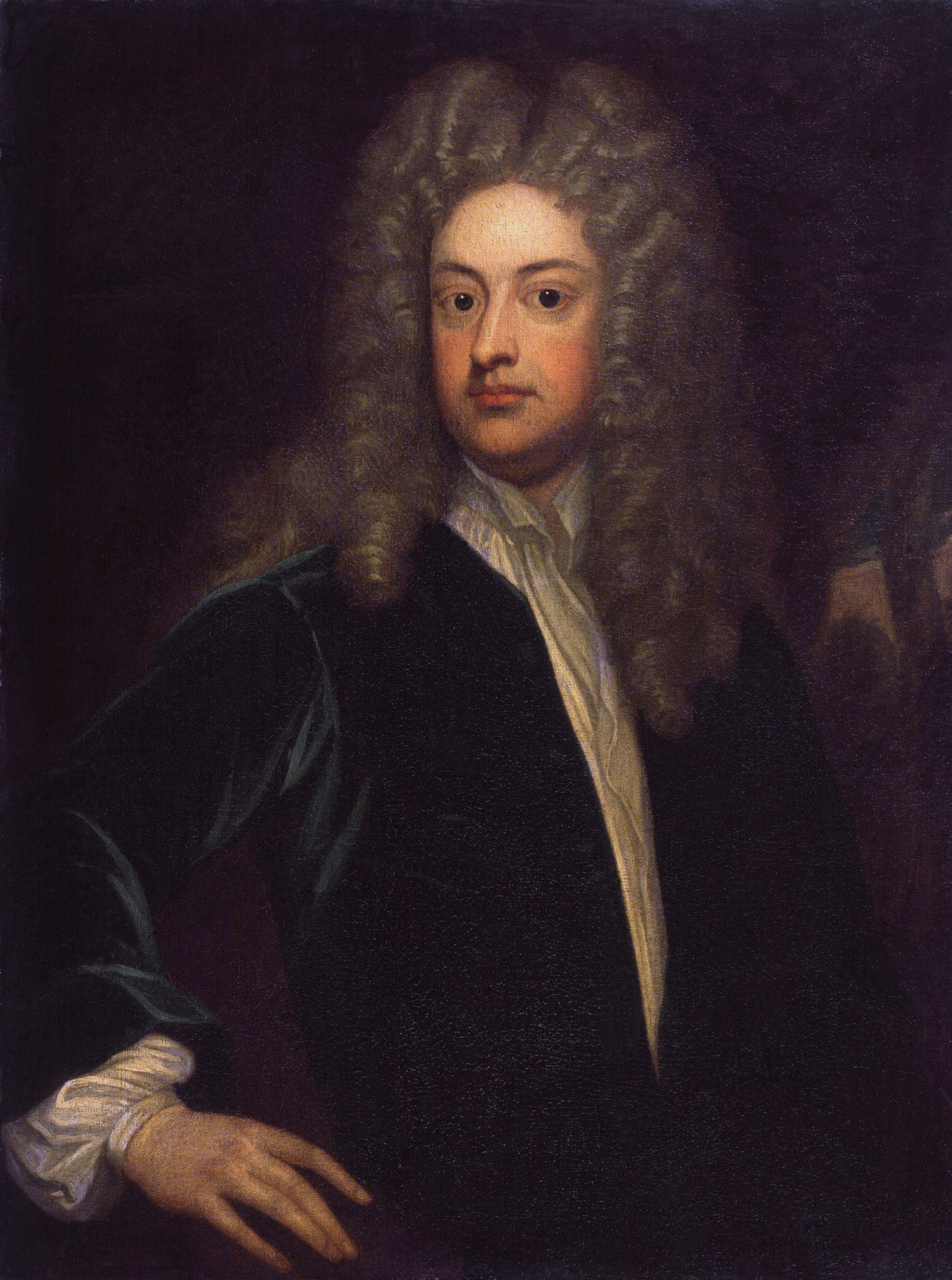Joseph Addison Berühmte Zitate
„Eine Frau fragt in Liebessachen selten um Rat, bevor sie ihre Hochzeitskleider gekauft hat.“
On askin advice in affairs of love
("A woman seldom asks advice before she has bought her wedding clothes." - The Spectator No. 475 (4 September 1712)).
„Niemand ist so unglücklich wie ein Idol, das sich selbst überlebt hat.“
The Spectator
"There is not a more unhappy being than a superannuated idol." - The Spectator No. 73 (24 May 1711)
„Noch jetzt, scheint mir, tret ich auf klassischen Boden.“
Briefe über Italien
"And still I seem to tread on classic ground." - A Letter from Italy, to the Right Honourable Charles, Lord Halifax. 1701.
„Sieh, wie friedlich ein Christ sterben kann.“
Letzte Worte zu seinem Stiefsohn Thomas Tickell, dem späteren Lord Warwick
Original engl.: "See in what peace a Christian can die." - as quoted in Conjectures on Original Composition (1759) by Edward Young
The Spectator
"We are always doing something for Posterity, but I would fain see Posterity do something for us." - The Spectator No. 587 (20 August 1714)
Joseph Addison: Zitate auf Englisch
Samuel Johnson in The Rambler, no. 148 (17 August 1751).
Misattributed
No. 476 (5 September 1712).
The Spectator (1711–1714)
“With regard to donations always expect the most from prudent people, who keep their own accounts.”
This is attributed to Addison in The Columbia Dictionary of Quotations (1993) with a citation of "Economy and Benevolence" in Interesting Anecdotes, Memoirs, Allegories, Essays, and Poetical Fragments (1794) but that was a publication of a contemporary "Mr. Addison" in several volumes, and not the poet. Vol. III of that publication (in 1796), on page 205, does contain these lines, but as part of an anonymous ancecdote.
Misattributed
“On you, my lord, with anxious fear I wait,
And from your judgment must expect my fate.”
A Poem to His Majesty (1695), l. 21.
Second Angel, in Rosamond (c. 1707), Act III, sc. i.
“I shall endeavor to enliven morality with wit, and to temper wit with morality.”
No. 10 (11 March 1711).
The Spectator (1711–1714)
No. 476 (5 September 1712).
The Spectator (1711–1714)
No. 169 (13 September 1711).
The Spectator (1711–1714)
“Jesters do often prove prophets.”
Not found in Addison's works, and "Jesters do oft prove prophets" is actually William Shakespeare, in King Lear, Act V, sc. iii.
Misattributed
No. 115 (12 July 1711).
The Spectator (1711–1714)
No. 10 (11 March 1711).
The Spectator (1711–1714)
“A man should always consider how much he has more than he wants.”
No. 574 (30 July 1714).
The Spectator (1711–1714)
No. 535 (13 November 1712).
The Spectator (1711–1714)
Very often attributed to Addison, this is apparently a paraphrase of a statement by Hugh Blair, published in Blair's Sermons (1815), Vol. 1, p. 219, where he mentions "men of pleasure and the men of business", and that "To the former every moment appears to be lost, which partakes not of the vivacity of amusement".
Misattributed
No. 195 (13 October 1711).
The Spectator (1711–1714)
“Better to die ten thousand deaths,
Than wound my honour.”
Act I, scene iv.
Cato, A Tragedy (1713)
